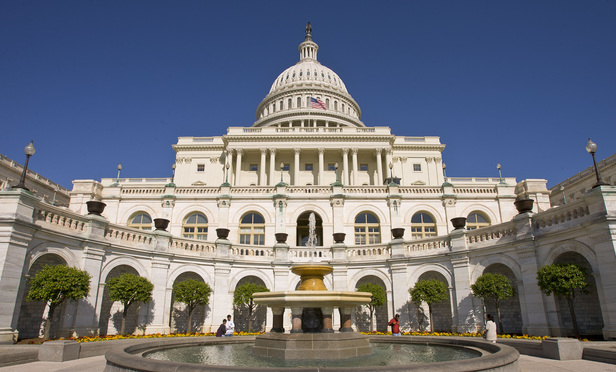As attorneys, we are tasked with educating our clients about the ins and outs of vagaries of the law in whatever niche we practice. As a part-time professor, I do the same for my undergraduate students, hopefully educating them in the basics of business law and ethics. In our work, we may find ourselves assuming a certain base level of knowledge of civics and government, especially when faced with administrative law issues, but as I’ve found, such assumptions should not be taken lightly either among our clients, and especially among my students.
Why? Because the core competencies that we attorneys take for granted are just not present any more. Constitutional law, how agencies work, the way the three branches of government interact are not part of the vernacular, and that’s due to a lack of civics education. This election cycle proved this lack in stark and upsetting ways. Not only from the voting public, but also our candidates. When someone running for high office does not grasp the concepts of freedom of the press or cruel and unusual punishment and neither does the public, it falls to those of us who understand and have taken an oath to uphold such laws to educate others. To be an engaged citizen and be invested in the process means that you must understand the process itself. We need to be able to question fake news stories and look for the implicit bias in those stories that we read or see in the media. Without a grounding in civics education, the citizenry suffers. Perhaps it’s purposeful, many a dystopian novel works on just this sort of premise.



